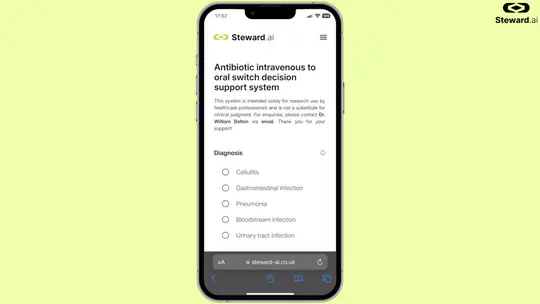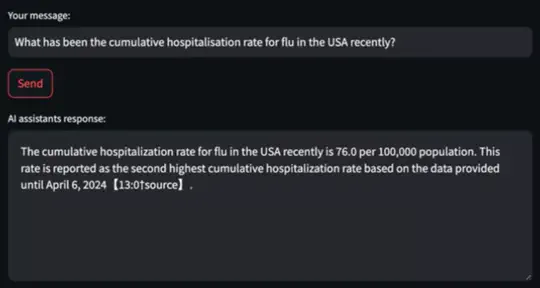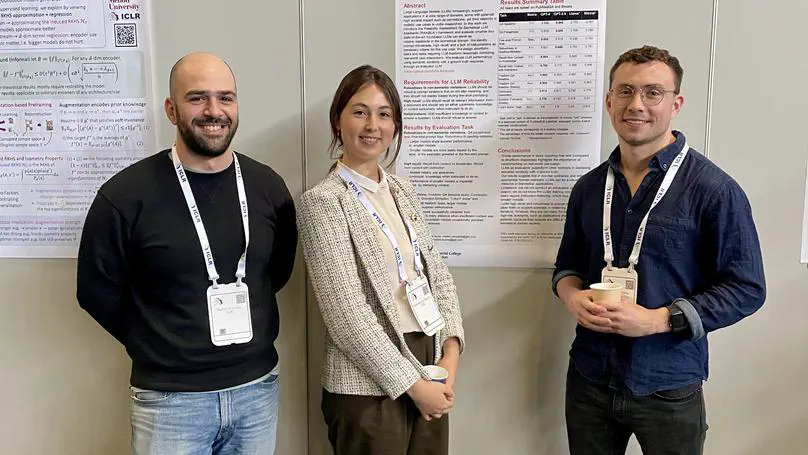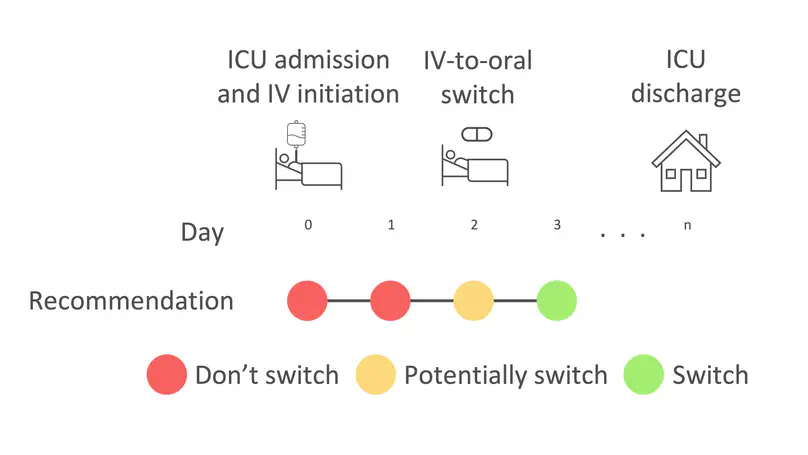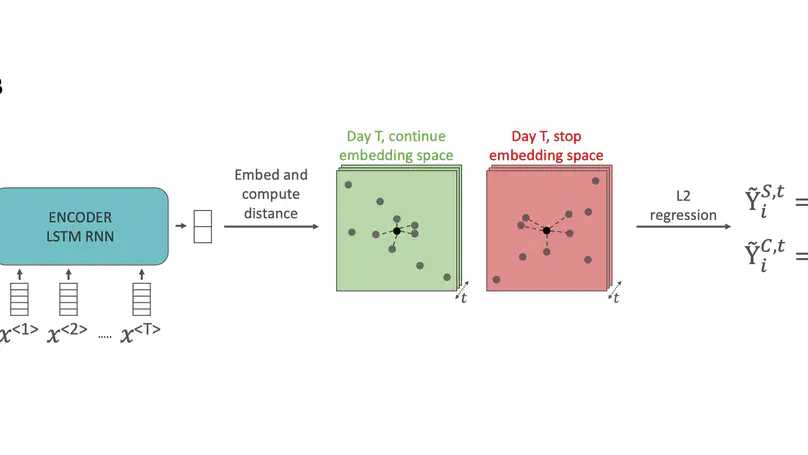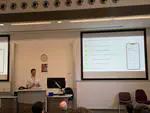Will Bolton
AI for Health Researcher
Imperial College London
Hi, my name is Will!
I am interested in all things artificial intelligence (AI) and healthcare, and recently completed my PhD at Imperial College London. My PhD focused on researching AI-driven clinical decision support for antibiotic optimisation and resulted in the development of a web app that is currently being clinically evaluated. To date, I have published 5 first-authored publications in leading medical journals and AI conference workshops, including Nature Communications, AAAI and ICLR. During my PhD, I conducted an internship at GSK.ai on the reliability of LLM’s in the biomedical domain, and previously completed my Master’s in Bioscience Enterprise at the University of Cambridge.
I care about impact and am highly interested in entrepreneurship and how startups with new innovative technology can create solutions to real-world problems. I am currently working on several projects and exploring opportunities post my PhD.
In my spare time, I like all things sports including rugby, running, climbing and F1.
Feel free to get in contact!
- Artificial Intelligence
- Healthcare
- Entrepreneurship
PhD in Artificial Intelligence, 2025
Imperial College London
MPhil Bioscience Enterprise, 2019
University of Cambridge
BSc in Biochemistry, 2018
Imperial College London
Experience
Projects
Converted my PhD research into a mobile app that any clinician can use anywhere.
Steward.ai is an AI-driven clinical decision support system designed to help healthcare practitioners use antibiotics appropriately. The initial tool focuses on supporting intravenous to oral antimicrobial switching (IVOS). By inputting some basic patient details the AI algorithms will output a suggested IVOS decision along with explainability information. This output can be easily shared with other decision makers through text or image formats. It also contains a flowchart tool based on the UKHSA guidelines. This system has not yet undergone regulatory review, it is intended solely for research use by healthcare professionals and is not a substitute for clinical judgment.

Featured Publications
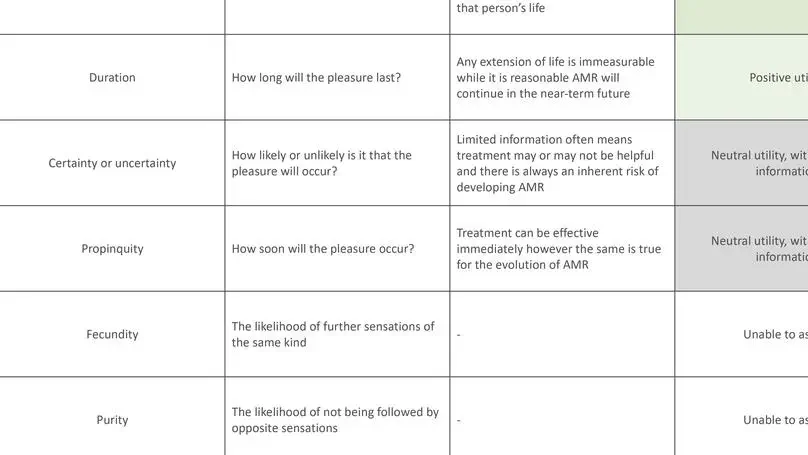
The use of decision-support systems based on artificial intelligence approaches in antimicrobial prescribing raises important moral questions. Adopting ethical frameworks alongside such systems can aid the consideration of infection-specific complexities and support moral decision-making to tackle antimicrobial resistance.
